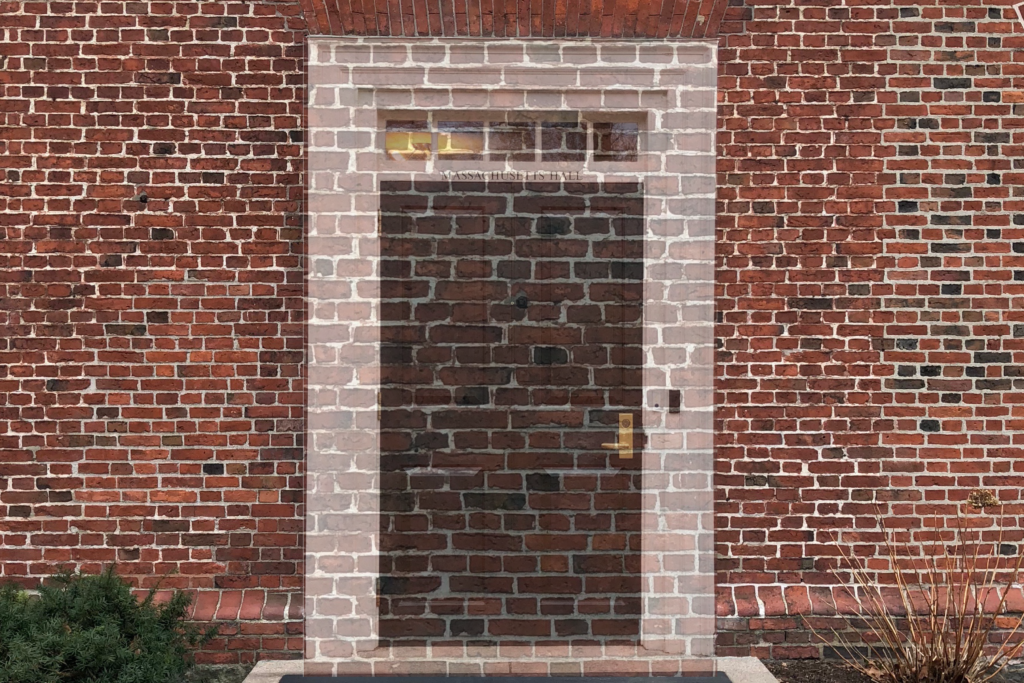This article is a part of a series written by the Culture staff of the HPR. It is the product of discussion and debate at our weekly meetings, and reflects the opinions of the members present.
On March 19, Harvard’s Dean of the Faculty of Arts and Science Mike Smith announced his resignation. Smith, who has occupied the position for more than a decade, indicated in his resignation email that he plans to serve until a replacement is chosen, at which point he will return to the classroom to teach. For Lawrence Bacow, who will replace Drew Faust as president of the university this June, spearheading the selection process will be an immediate and high-profile responsibility. Selecting a new Dean of the Faculty of Arts and Sciences may be an opportunity for Bacow to make up for some of the controversies surrounding his own appointment. Just this February, when the Harvard Corporation announced that Bacow would be the university’s next president, many students were disappointed to hear that Harvard had ignored their calls to choose a person of color for the role. The HPR’s Culture and Campus Boards gathered this week to discuss criticisms of the Harvard Corporation’s presidential selection process, the enduring legacy of cis-whiteness in leadership positions at Harvard, and ultimately, how our reflections on those topics can and should inform Bacow’s priorities and responsibilities as he selects a new Dean of the FAS.
We began by discussing the recent controversy surrounding the selection of Bacow as president. Throughout Harvard’s history, every president has been white. Only one woman, Drew Faust, has ever occupied the role. For those present at the discussion, and indeed for many students at Harvard, these facts are representative of an ongoing legacy of exclusion of marginalized and underrepresented groups from the highest ranks of leadership in the university system. We were particularly troubled by the lack of transparency that characterized the selection process—without any knowledge of who Bacow was being considered against, it is impossible for us to evaluate whether or not the process was plagued by systemic exclusion of diverse candidates. While we agreed that Bacow is highly qualified, we couldn’t help but wonder what highly qualified candidates of color may have been overlooked behind closed doors.
During our discussion, Bacow’s defenders pointed out his track record as a champion of diversity. But regardless of his qualifications, our fundamental frustration was the way in which the Harvard Corporation ignored the stated preferences of the student body in selecting another white male president. We agreed that selection processes like the one that led to Bacow’s appointment must fundamentally change, and that Bacow can demonstrate his dedication to promoting diversity in leadership by implementing these changes as he selects a new Dean of the FAS. Bacow can begin by publicly releasing a list of finalists for the position of Dean of the FAS and by inviting, and taking seriously, student feedback on those candidates. If Bacow fails to make this process transparent, it will likely confirm many students’ hesitations about Bacow’s status as another white male president. This may result in a public relations crisis for Bacow very early on in his career and a renewed sense of disenfranchisement and marginalization among minority students on campus.
A few weeks ago, Bacow sent an email to the FAS community outlining his plans for the search process. In the email, he expressed a commitment to transparency and communication, stating that Provost “Alan [Garber] and I aim to reach out widely across the FAS community to benefit from your ideas and advice. We had a very helpful session last week with the FAS Faculty Council, and we intend to pursue a wider set of conversations with various groups of faculty, students, staff, and alumni in the weeks and months ahead.”
He then announced the faculty members who will make up his FAS Dean Search Advisory Committee, which is perhaps less diverse than students would have hoped. While we were encouraged to see that there will be more women than men serving on the committee, we were disappointed to learn that the committee is mostly white, and that the women on the committee are exclusively white and Asian. If inclusion and diversity are truly his priorities, Bacow could do better than to create a selection committee that is over 60 percent white. But the inclusion of at least some people of color is reason for optimism, so long as Bacow, Garber, and the white members of the committee are intentional about listening to and considering those faculty members’ perspectives.
The HPR’s Campus and Culture Boards are cautiously hopeful about the future of representation and inclusion under Bacow. We feel strongly that Bacow, as the president of a modernizing and developing University, has a responsibility to work actively to increase diversity among the Harvard’s administration and faculty. This responsibility begins with his selection of a replacement for Dean Smith. It is the hope of the Culture and Campus Boards, along with many students and faculty members, that, despite the legacy of whiteness and masculinity that he represents, Bacow will push for transparency and inclusivity when he takes over as Harvard’s 29th president. His status as a straight, cisgender, white man doesn’t disqualify him from being a successful President, but it does add a delicate layer of responsibility that Bacow must negotiate as he makes decisions during his presidency. Dean Mike Smith’s resignation presents a fantastic opportunity for Bacow to do just that.
This week’s CulturEd was written by staff writer Campbell Erickson. Members Savitri Fouda, Julia Shea, Tamara Shamir, Cindy Soo Hyun Jung, Katie Weiner, and Julia Shea contributed to the discussion.
Image Credit: Erica Newman-Corré
